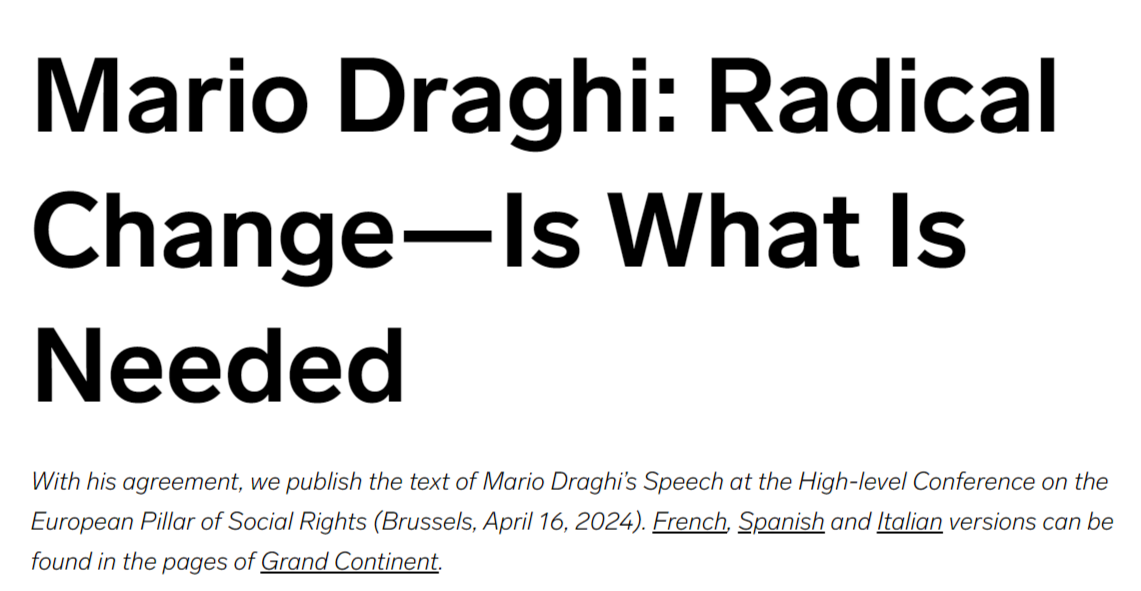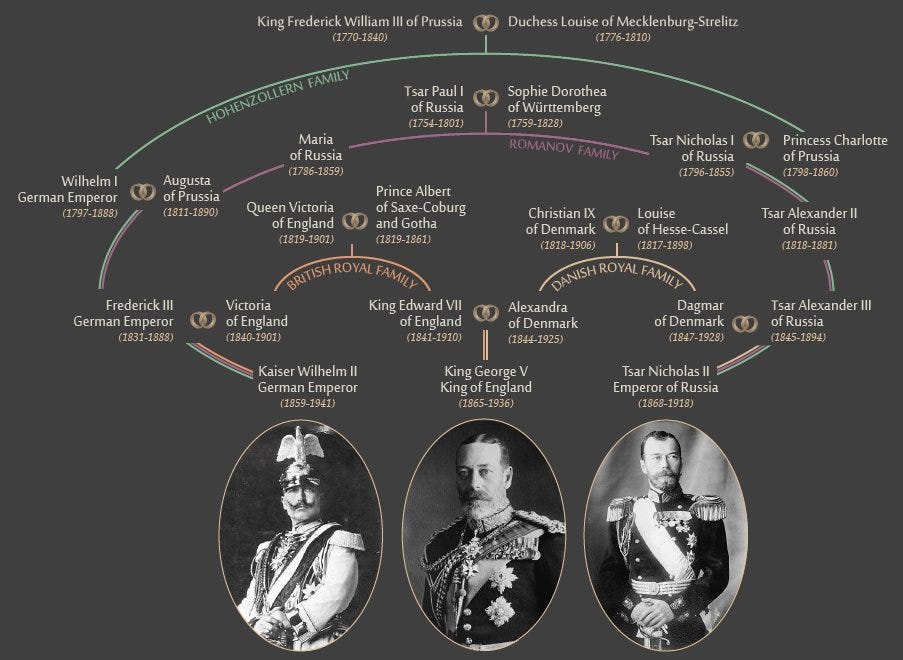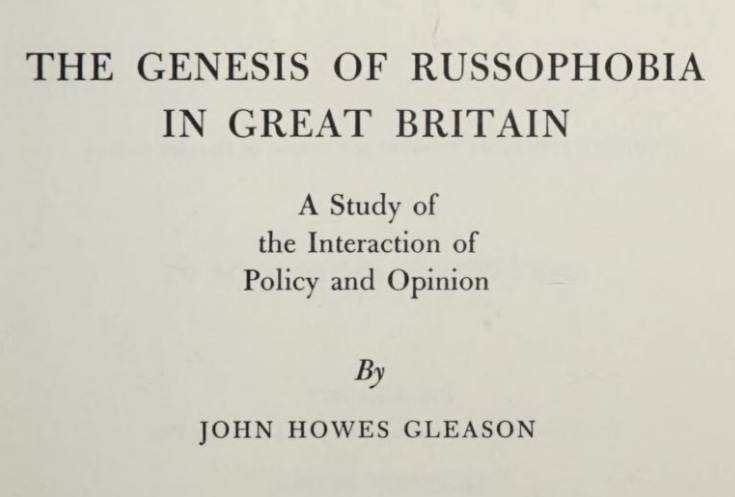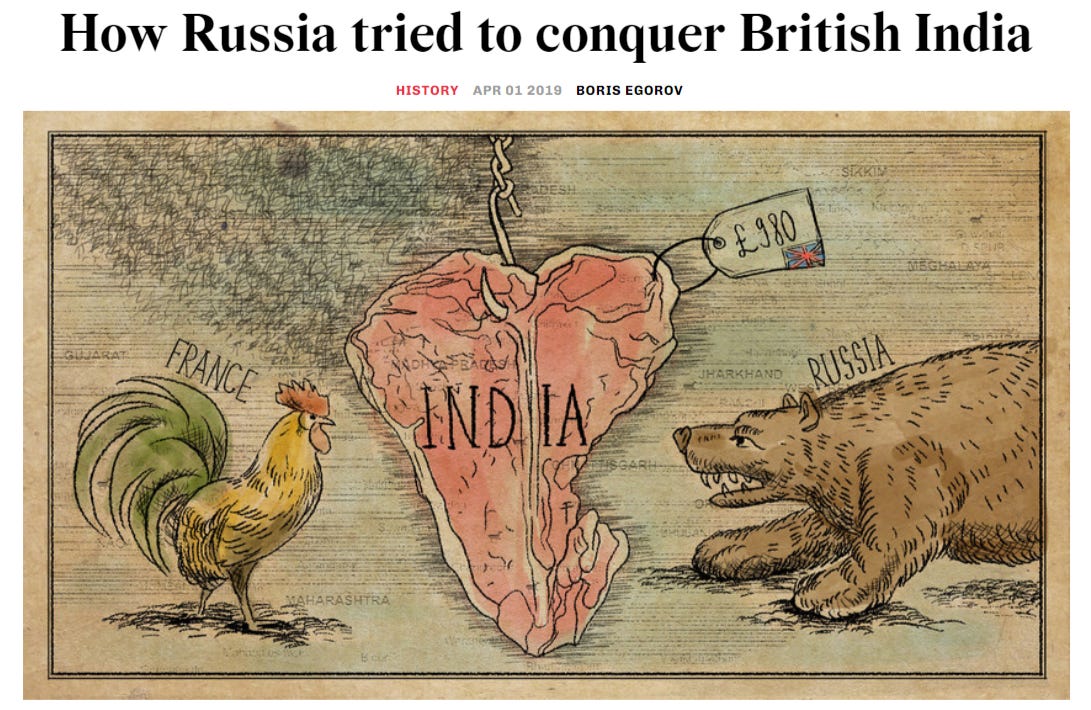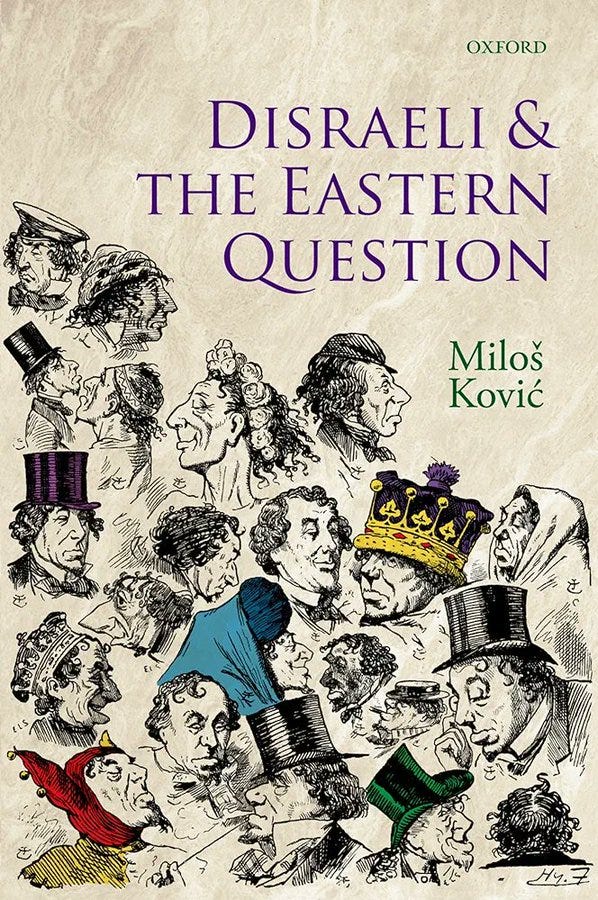As the reality of the coming Russian victory over the combined NATO Leviathan has slowly dawned on the West, it has engendered a poignant shift in the increasingly high-pitched narrative. The comprador elite class has awakened to the fact that their global order is on the brink of dissolution, following Russia’s unclothing of their designs. The many decades of Gladio and other subversions are coming undone before our very eyes, as the dreams of a certain line of elite architects stretching back many generations are being washed away by the fitful birth of a new world.
Everywhere you turn, this elite moral panic is playing out front and center. As their industries die, their people gnash and seethe, and institutions flirt with collapse, the hoarse-voiced compradors clamber over each other to bleat out litanies of frantic warnings about saving themselves and their class:
The Global South sees clearly the writing on the wall: the Western order is falling.
As the West comes to grips with its slow pitch over the edge, its bellwethers and canaries have raced to trace the problem’s roots with the hopes of understanding how to stop it or where it might lead.
The problem with the technocrats’ solutions is that they are more of the same. They are using the crisis of their impending collapse as a way to usurp control over the sovereignty of all European nations. Take the insidious ‘inside man’ Draghi’s article above, about needing ‘radical change’ to compete with China and the newly shifting global order. What he urgently prescribes reads like a script from his crony controllers at Davos: a call to action to ‘integrate’ the countries of the EU with an iron fist, coercing them into giving up their individual points of leverage to some higher, unelected bureaucracy.
The dialectic is always the same: create a bogeyman to artificially unite people under one flag for ‘security’s’ sake—it’s the plot to 1984 and many other prescient works.
What we are witnessing is the agonizing death of a centuries’ old colonialist system of exploitation. It is the hegemonic European and Anglo-Empire’s corrupt extractive dominance of the global economy for the trickle-up benefit of a class of elite merchant and banking families whose power and influence spans centuries.
The way this Western order has cartelized and gamified the global economy is of course through their control of the banking monopoly, which mediates the flow of world finance and commerce to which they can apply endless arbitrage and seigniorage via control of the money supply by way of issuance of the dominant reserve currencies. To this day these remain: the Dollar and Euro, which together have combined for nearly 90% of global exchange.
This system is the direct carryover of the predatory mercantile fusions of state, banking, and corporate powers which saw organizations like the Dutch and British East India Companies ravage the world. But as the sun set on the British Empire in particular at the turn of the 20th century, the Crown began to get increasingly restive about the rising powers of China and Russia.
Now lacking military or industrial means to overpower these competitors, the waning British Empire was forced to resort to progressively devious and underhanded tactics to ‘rig’ the game invariably in its favor, hamstringing the Eastern giants at every turn. Over time this has led observers to wonder: what is behind the perceived infernal animosity Britain has for Russia? After all, both ruling monarchs were closely related:
Recently, Jeffrey Sachs gave an interesting account of this very question on the Duran show:
"I want to take it back to the 1840s, to the real roots of hegemony, which is Great Britain. Never was there a hegemon with such ambition and such a curious view of the world. But Britain wanted to run the world in the 19th century and taught America everything it knows. Recently, I read a fascinating book by a historian named J.H. Gleason, published by Harvard University Press in 1950. It's an incredibly interesting book called 'The Genesis of Russophobia in Great Britain.' The question is, where did England's hate of Russia come from? Because it's actually a little surprising. Britain has HATED Russia since the 1840s and launched the Crimean War that was a war of choice in modern Parliament—a war of choice by Palmerston in the 1850s—because it hated Russia. So, this author tries to understand where this hate came from, because it was the same kind of iterative hate that we have now. And by the way, we hated the Soviet Union because it was Communist, but we hated Russia afterwards when it wasn't communist. It doesn't matter. So, it's a deeper phenomenon, and he tries to trace where this hatred came from. The fascinating point is, Russia and Britain were on the same side in the Napoleonic Wars from 1812 to 1815, from the Battle of Moscow in Russia to Napoleon's defeat in Waterloo. They were on the same side, and in fact, for many years, the relations weren't great, but they were kind of normal. So, this historian reads every snippet of the newspapers, what's written, of the speeches, to try to understand where the hatred arose. The key point is there was no reason for it. There was nothing that Russia did. Russia didn't behave in some perfidious way. It wasn't Russian evil; it wasn't that the tsar was somehow off the rails. There wasn't anything except a self-fulfilling lather built up over time because Russia was a big power and therefore an affront to British hegemony. This is the same reason why the US hates China: not for anything China actually does but because it's big. It's the same reason, until today, that the United States and Britain hate Russia—because it's big. So, the author comes to the conclusion that the hate really arose around 1840 because it wasn't instantaneous, and there was no single triggering event. The British got it into their crazy heads that Russia was going to invade India through Central Asia and Afghanistan—one of the most bizarre, phony, wrongheaded ideas imaginable—but they took it quite literally. And they told themselves this: 'We're the imperialists. How dare Russia presume to invade India?' when it had no intention of doing so. So, my point is, it's possible to have hate to the point of war and now to the point of nuclear annihilation for no fundamental reason. Talk to each other."
The book he references:
As he states, Russia and Britain were on the same side in the early 1800s, during the Napoleonic Wars, then something started to change by the 1840s. There is nuance to everything: Britain long believed Russia had aims to steal India from it, which at the time was being gobbled up by the East India Company, with—as some believe—major support from the Rothschild clan:
But according to Sachs, the author concludes that there was no one real scintillating reason for the ‘hatred’ other than opportune geopolitical exigency in the form of Russia posing a grave emergent threat to the British order. This segued into the rush of the Great Game to central Asia, not long after which Mackinder set forth his ‘Heartland’ theory.
At the time the Ottoman Empire was dying and Britain’s fears were once more stoked, as Russia stood to gain inordinate geopolitical heft by seizing much of the Ottoman’s territory, which—in Britain’s view—would push Russia over the top as a Great Power.
This Forbes article goes into detail about how British prime minister Benjamin Disraeli—to this day the only Jewish PM in British history—went to great lengths to prop up the failing Ottoman Empire as long as possible simply to keep its peripheries out of Russian reach. The author, James Kaplan, nevertheless concludes it still all revolved around keeping Russia from gaining access to India, which the British continued to believe was Russia’s goal.
The escalation continued to the pre-WWI era when Britain got another bolt in its quiver against Russia in the form of the Jewish diaspora. At the time, the Russian pogroms had caused a wave of resettlements of Russian Jews to the ‘Pale of Settlement’, which mostly consisted of modern day Poland, western Ukraine, the Baltics, etc.
And this is where the two-pronged attack on Russia began. Benjamin Disraeli is cited by many as one of the fathers of Zionism, not only having put forth one of the first ‘Zionist’ visions in his book The Wondrous Tale of Alroy, but likewise even positioning himself to be the Messiah of the Jewish people by creating Israel:
The British quest to create a colony in the Middle East under the auspices of ‘Zionism’ was always linked to maintaining British interests in the Heartland, keeping France from the region, as when Napoleon had conquered Egypt, as well as Russia from encroaching on the erstwhile Ottoman lands.
To quote Mao:
At the time of the rise of truly international banking, Rothschild and many other Jewish bankers were ascendant. So this was perfect time to utilize these combined vectors as a new attack on Russia. It is why Jacob Schiff funded both the Japanese in the Russo-Japanese war, as well as the Bolsheviks leading up to the 1917 revolution. Since the most powerful dynasties like that of the Rothschilds made their home in Britain the country became a single coordination point against Russia. However, it’s not quite as black and white as it seems. After the Bolsheviks took power and began stripping Western banking and other assets, Schiff and his brood quickly turned against them, pulling out his money. Britain, likewise, sent an expeditionary force on the side of the White forces against the Bolsheviks, who had effectively co-opted the Western plan.
Read the below, very carefully—then read it twice:
The Bolsheviks had in fact thwarted Western plans, particularly by making a deal with Germany to pull Russia out of the war, which the UK/US absolutely did not want—thus the final line above showing that Schiff toed the edict about keeping Russia in the war.
Keep reading with a 7-day free trial
Subscribe to Simplicius's Garden of Knowledge to keep reading this post and get 7 days of free access to the full post archives.





